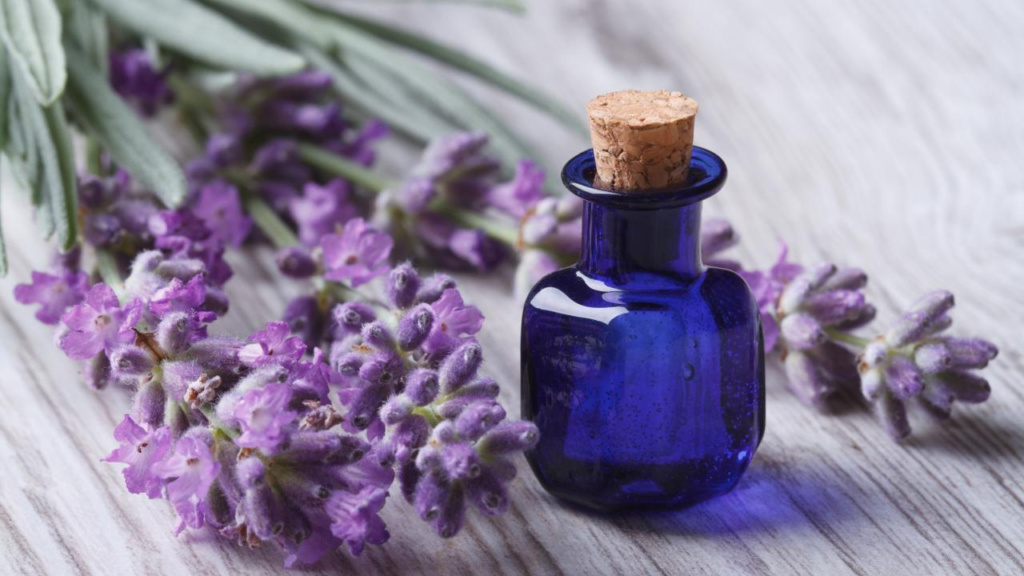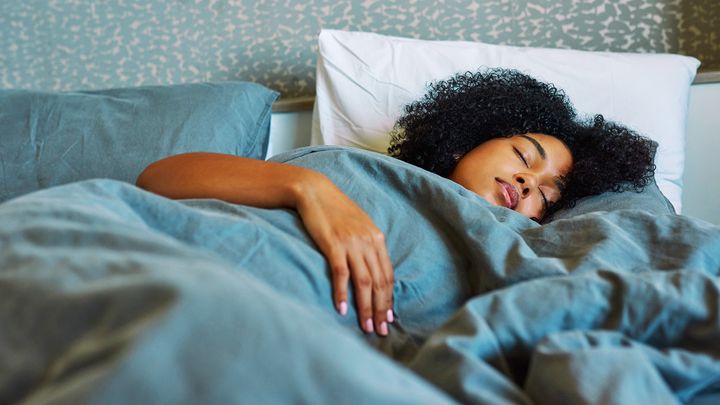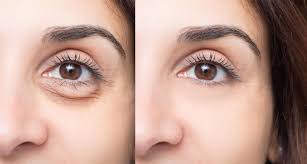Powerful Remedies for Insomnia: Get a Good Night’s Sleep
Understanding Insomnia: The Silent Epidemic
Insomnia is a widespread and debilitating sleep disorder that affects millions of people worldwide. It is characterized by difficulty falling asleep, staying asleep, or both.
Insomnia can be acute, lasting for a few days or weeks, or chronic, persisting for months or even years.
The consequences of insomnia can be severe, including impaired cognitive function, mood disturbances, and increased risk of chronic diseases like diabetes, hypertension, and cardiovascular disease.
The Impact of Insomnia on Daily Life
Insomnia can have a profound impact on daily life, affecting not only sleep but also work, relationships, and overall well-being. People with insomnia often experience:
- Fatigue and Lethargy: Insomnia can lead to excessive daytime sleepiness, making it difficult to perform daily tasks and maintain a normal routine.
- Mood Disturbances: Insomnia can cause irritability, anxiety, and depression, which can further exacerbate the sleep disorder.
- Cognitive Impairment: Insomnia can impair cognitive function, including attention, memory, and decision-making skills.
- Social Isolation: Insomnia can lead to social withdrawal, as individuals may avoid social interactions due to feelings of fatigue and low energy.
Natural Remedies for Insomnia: A Comprehensive Guide
Fortunately, there are numerous natural remedies that can help alleviate insomnia symptoms.
Here are some powerful remedies to get a good night’s sleep:

1. Melatonin Supplements
Melatonin is a hormone that regulates sleep-wake cycles. Supplementing with melatonin can help increase the levels of this hormone in the body, promoting a restful night’s sleep.
However, it is essential to consult with a healthcare professional before taking melatonin supplements, as they can interact with other medications.

2. Valerian Root
Valerian root is a natural herb that has been used for centuries to promote relaxation and improve sleep quality. It can be consumed as a supplement or added to tea.
Valerian root has been shown to reduce sleep latency and improve sleep quality in individuals with insomnia.

3. Lavender Oil
Lavender oil has a calming effect on the body, which can help promote relaxation and improve sleep quality. It can be used in aromatherapy, applied topically, or inhaled directly from the bottle.
Lavender oil has been shown to reduce sleep latency and improve sleep quality in individuals with insomnia.

4. Magnesium
Magnesium is an essential mineral that plays a crucial role in sleep regulation. It can help relax the body, reduce muscle cramps, and promote a restful night’s sleep. Magnesium can be consumed as a supplement or applied topically.

5. GABA
GABA (Gamma-Aminobutyric Acid) is a neurotransmitter that helps regulate sleep and relaxation. Supplementing with GABA can help increase its levels in the body, promoting a restful night’s sleep.
However, it is essential to consult with a healthcare professional before taking GABA supplements, as they can interact with other medications.

6. Aromatherapy
Aromatherapy involves the use of essential oils to promote relaxation and improve sleep quality.
Certain essential oils, such as lavender, chamomile, and bergamot, have been shown to reduce sleep latency and improve sleep quality in individuals with insomnia.

7. Mindfulness Meditation
Mindfulness meditation involves focusing on the present moment to reduce stress and anxiety.
It can help promote relaxation and improve sleep quality by reducing rumination and increasing self-awareness. Mindfulness meditation can be practiced through guided recordings or mobile apps.

8. Yoga
Yoga is a physical and mental practice that can help reduce stress and anxiety, promoting relaxation and improving sleep quality.
Certain yoga poses, such as child’s pose and downward-facing dog, can help relax the body and promote a restful night’s sleep.

9. Tai Chi
Tai Chi is a slow and meditative exercise that can help reduce stress and anxiety, promoting relaxation and improving sleep quality. It can be practiced through guided recordings or mobile apps.

10. Cognitive Behavioral Therapy for Insomnia (CBT-I)
CBT-I is a non-pharmacological approach that helps individuals identify and change negative sleep habits and thoughts. It can be practiced through guided recordings or mobile apps.
Conclusion
Insomnia is a widespread and debilitating sleep disorder that can have severe consequences on daily life. Fortunately, there are numerous natural remedies that can help alleviate insomnia symptoms.
By incorporating these powerful remedies into daily life, individuals can improve sleep quality, reduce fatigue, and enhance overall well-being.
Frequently Asked Questions
What are the most effective natural remedies for insomnia?
The most effective natural remedies for insomnia include melatonin supplements, valerian root, lavender oil, magnesium, GABA, aromatherapy, mindfulness meditation, yoga, tai chi, and cognitive behavioral therapy for insomnia (CBT-I).
Can I use melatonin supplements without a prescription?
It is recommended to consult with a healthcare professional before taking melatonin supplements, as they can interact with other medications.
How do I use lavender oil for insomnia?
Lavender oil can be used in aromatherapy, applied topically, or inhaled directly from the bottle. It is recommended to dilute the oil with a carrier oil and apply it to the skin or inhale it through a diffuser.
Can I practice mindfulness meditation for insomnia?
Mindfulness meditation involves focusing on the present moment to reduce stress and anxiety. It can be practiced through guided recordings or mobile apps, and is an effective way to improve sleep quality.
Is yoga effective for insomnia?
Yoga is a physical and mental practice that can help reduce stress and anxiety, promoting relaxation and improving sleep quality. Certain yoga poses, such as child’s pose and downward-facing dog, can help relax the body and promote a restful night’s sleep.














Leave a Reply